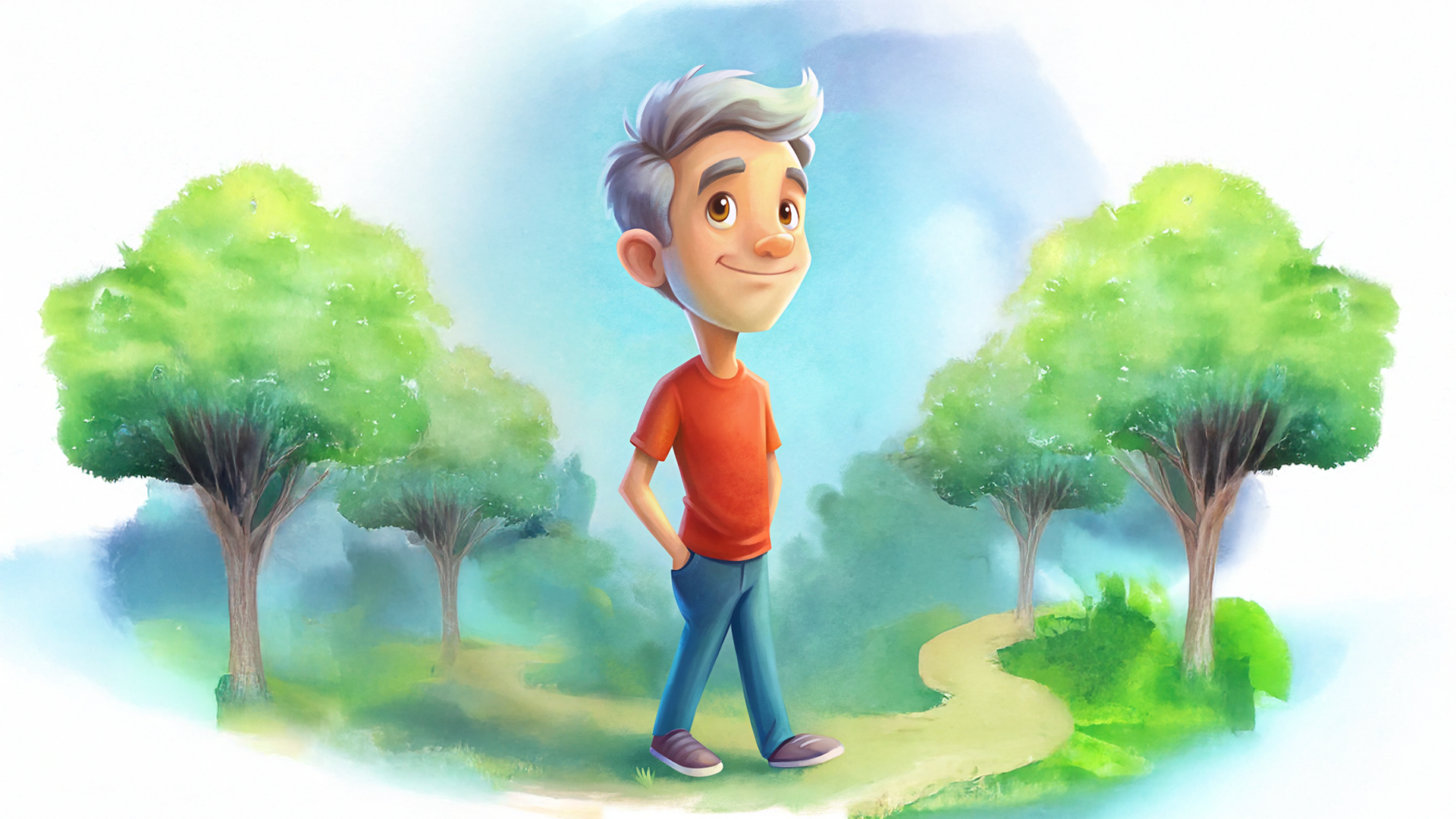Why creativity needs a break.
Author: Tim Burke
In today's always-tethered-to-a-device world, our brains rarely get a break. They’re moving from one task, or app, to the next. True boredom, wandering minds, and quiet are quickly becoming an endangered species.
For those of us in creative fields, or any field really, generating ideas and solving problems now has the ultimate digital companion – Artificial Intelligence. With AI agents, LLMs, and countless online ways to drum up ideas, we’re all spending even more time with our faces in front of a screen.
Now this is not an anti-tech rant. I’m regularly amazed by AI. I use it every day. And I’m even a member of the WPP Open AI champion team. However, great ideas and breakthroughs still need natural creativity and brain power. After coming off a month-long steps challenge and a recent read of the book “Comfort Crisis,” by Michael Easter, I’m an even bigger promoter of regularly logging off, moving your feet and letting minds do their thing. There’s real evidence to it.
The science behind walking and creativity
You might think, "Why walking?" Well, researchers have explored the link between physical activity and mental processes for a while. Turns out, walking—especially in nature—can give cognitive functions a giant lift. A study from Stanford University found that people who walked, rather than sat, showed a 60% uptick in creative output. The Japanese have a practice called Shinrin-yoku (also known as forest bathing) that research shows has all kinds of benefits, such as increased energy, reduced anxiety and a better cognitive function. It’s free therapy, too.
Walking can help clear your mind, reduce stress and release those important endorphins. All of this can lead to greater creativity and sharper thinking.
Mind wandering is a gateway to creativity
Mind wandering often gets a bad rap, but it’s actually a fantastic way to boost creativity. When you let your thoughts drift without any particular goal, you free space for new ideas and connections. This relaxed state of mind can lead to what's called "divergent thinking," or the ability to come up with multiple solutions to a problem. Divergent thinking is a key part of creativity, allowing you to tackle challenges from different angles and think “outside the box” as they say. The whole “best ideas happen in the shower” thing is legit.
Silence can be golden
The importance of quiet in fostering creativity cannot be overstated. As I mentioned earlier, in a world of noise and distraction, seeking out moments of silence gives our minds a much-needed chance to wander freely.
Studies have shown that reducing noise can improve memory, enhance problem-solving skills, and amazingly even develop new cells in your hippocampus. The area of your brain that helps with learning and making decisions. While we all know how stimuli (movies, art, music) can spark creative thinking, the flipside can be equally powerful. So don’t ignore it. Find your noise-cancelling headsets and turn up some quiet.
Whether you’re struggling to solve a business issue, building a next quarter’s strategy or looking for a big creative idea, there’s no one path to your goal. You’ll likely spend a lot of time on your computer, highly focused and “locked in,” as my teenager would say. All of this is great and needed. However, the missing piece, the one where moments of “A-ha!” often happen, is during the brain break.
So give it try. Go take a walk (AirPod free and surrounded by nature ideally), let your mind relax and see what magic happens.


